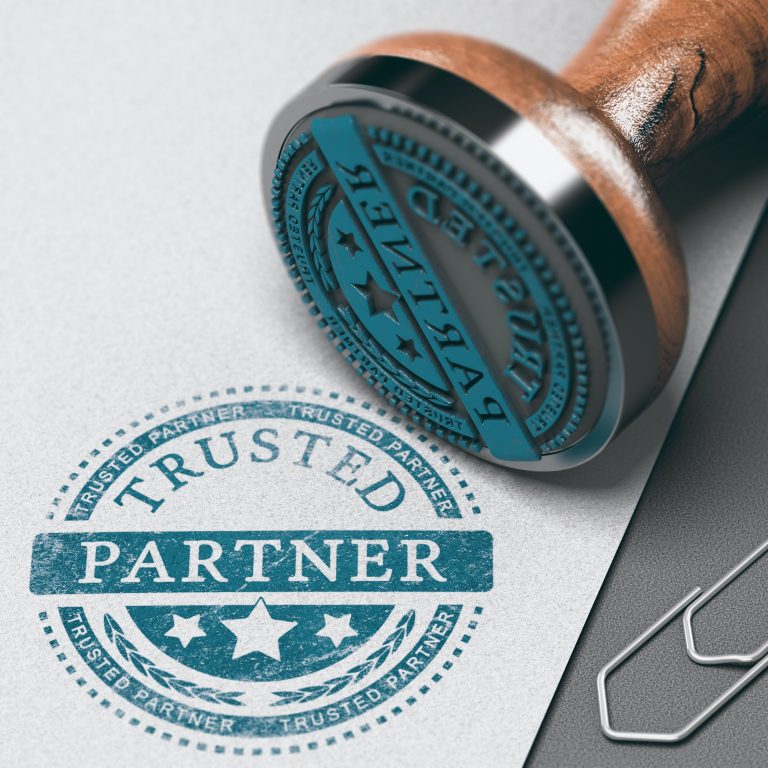Starting your career
My interest is in the future because I am going to spend the rest of my life there
Charles Kettering
Finding A Job
- Decide which jobs you should apply for. This should involve careful reflection on what you wish to achieve in life, your current circumstances in life and your qualifications.
- Look for a job. Check newspapers and other advertisement media and network – let people know that you are looking for a job. If you have a particular job or company in mind you can call directly and ask for information.
- Apply for a job by sending in your application letter and curriculum vitae (CV)/resume. These documents ‘sell’ you in your absence. Therefore content, grammar and presentation are all very important. You can apply for as many positions for which you are competent – even if they are not what you prefer.
- Your application or cover letter is a brief business letter (no more than one page) stating who you are and why you are suitable for the role, along with contact information.
- Your CV is a brief summary of your life detailing your education, qualifications, awards, publications and any previous work experience. You should also include at least two references who can support your application by vouching for your character and achievements.
- There are many books and web sites that give excellent guidance and information on preparing your cover letter and CV.
- Being called for an interview is an indication that the prospective employer liked your application letter and CV and now wants to know more about you. Your interview is a chance to earn yourself a job by convincing the interviewer that you are the one they want for their business. It is also the forum where you can get more detail about the job such as objectives and salary. Here are some tips:
- Do some research on the company. It helps to know exactly what you’re getting into and your extra knowledge lets the interviewer know that your are proactive and that you really want to be a part of the team.
- Look professional. Your attire should be modest and you should be clean and neatly groomed.
- Be punctual, even early to ensure that you are settled and not rushed.
- Be courteous to everyone. Your interviewer will be scrutinising your manners and deportment.
If your application or interview was unsuccessful don’t be discouraged but turn the situation into a learning experience. Contact the company in question and respectfully ask their reasons behind the decision – indicating clearly that you are seeking the information to help you do better next time. You can use this information to improve your approach in future applications and interviews. Send a letter thanking them for the interview.Sometimes you are called for a second interview – and the approach used for the first interview remains relevant. You should however, prepare in more depth for this interview, focusing on the company and the job, and how you fit with both.
If you are successful, you have some considerations, before accepting your new job.
- Consider your benefits package as well as other factors such as office hours, workload, distance, proximity to childcare/school, if these are relevant. You may have to consider moving house or working overseas.
- You need to determine whether this is a company you want to or can work for and whether you can indeed do the job.
Getting A Job
Congratulations on your new job! Now you have to work on keeping your job and getting the most from it.
Keeping your job
Become familiar with the regulations and codes of the business you work for. Some of these will be written but there will also be many unwritten rules.
Know, in detail, the specific requirements of you job to make sure what you deliver results in line with your employer’s expectations.
Seek and create opportunities to improve your knowledge and skill. Make it so that you are the one your employer needs to have on his team and you can be rewarded with promotions and pay increases.
Getting the most from your job
Think about your future. Whether your goals include buying a car or buying a house, getting married and having children or early retirement they will all require money and thoughtful planning.We want to help you to prepare effectively for these, and other, life situations and have compiled information for you on various topics. Have a look at this material and sit down with us to discuss these issues.
Knowing what benefits are available to you
Find out about retirement/pension plans provided by your employer and the National Insurance
Determine what health and life insurance coverage your employer provides for you. Your insurance requirements will depend on:
- Marital status
- Income and debt level
- Type of employment – certain high risk jobs may necessitate higher levels of insurance
- Number and age of your children or other dependents
- Financial objectives
Find out about any leave, such as vacation, to which you may be entitled, including whether or not you will be paid during these periods.
It pays to become familiar with the tax system. This knowledge will ensure that you minimize your tax liability and use the money you earn more effectively.




